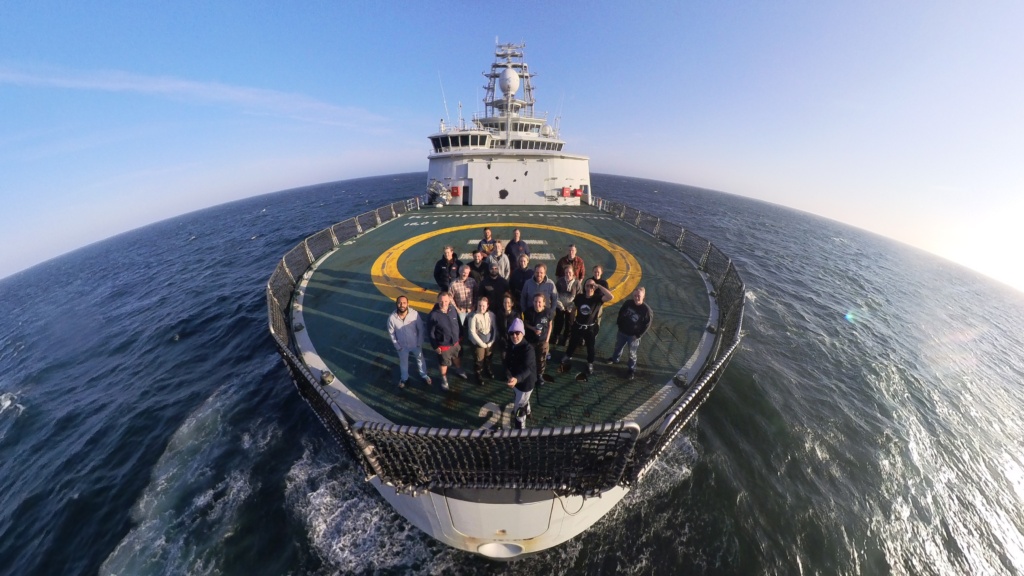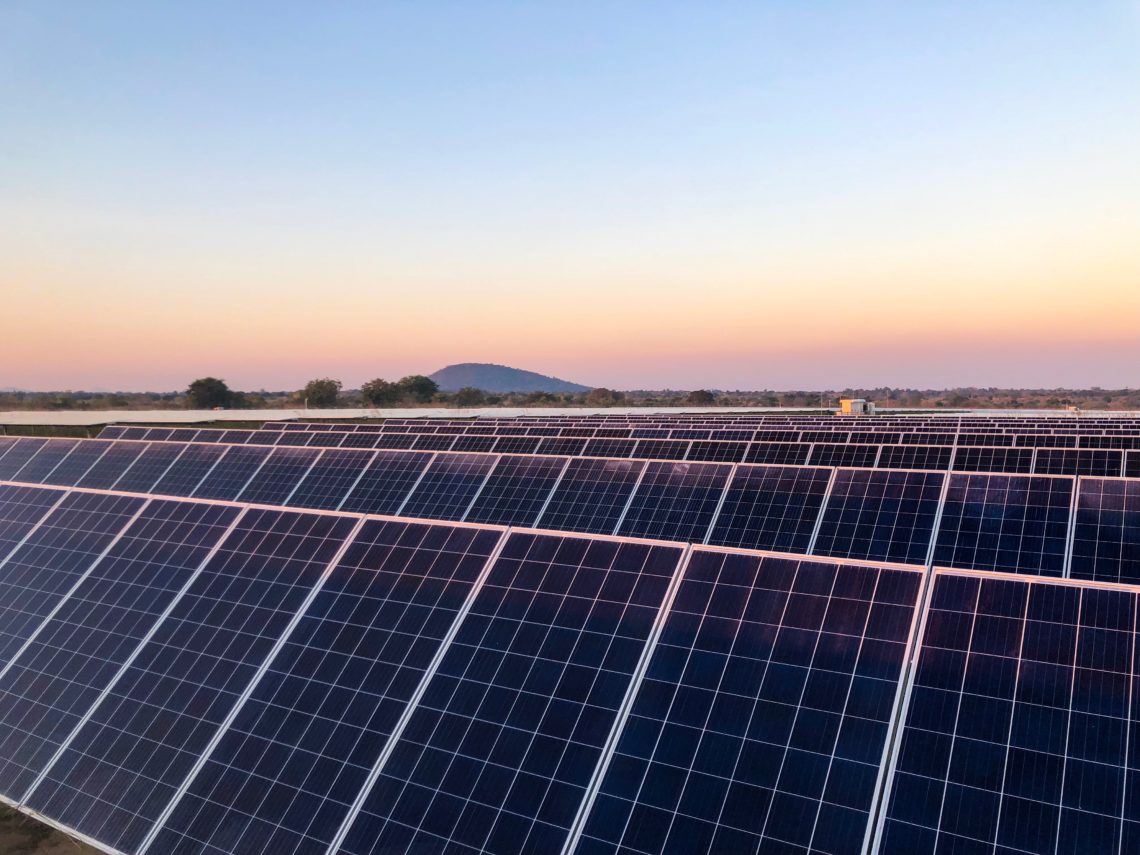The goal has been to develop a system that can both increase production and reduce operations and maintenance costs. The project has been a great success and several of the developed methods will be implemented in other, existing and future, solar plants both at Scatec and Equinor.
For this project IFE has contributed to the development of a range of new methods to determine discrepancies in the production caused by soiling (like dust, dirt, bird scat etc), degradations and faults. Cost effective handling of issues like these improves production at the solar plants.
Internationally, operation and maintenance of large solar plants is an increasingly important field, and in this research project the partners have developed a data driven framework for optimisation of solar plants operation and maintenance. The new software is developed by use of algorithms for both error detection and calculation of likely causes for any drop in production. Such drops could be caused by mechanical or electrical issues in the panels or solar cells, faulty connections between the panels or between the panels and the inverters, or it could mean the panels need cleaning. Cleaning is a large and expensive job in a large plant and therefore it is crucial to know when would be the optimal time to clean and whether the inverters need to be checked.
«This has been a very interesting project to be part of» says Erik Marstein, Head of research at IFE. «We have had access to a vast amount of data from solar plants operating around the globe and this has helped us develop brand new methods for detection and handling of errors and discrepancies», adds Marstein.
The project has put IFE on the map on this important field and new projects are set to follow. «We are very pleased that Forskningsrådet decided to support the follow-up project IPN PEANUTS where we continue the successful cooperation with Scatec, Predictor and Equinor», says Marstein.
Related news
-

5. January 2026
From Idea to Industry: The Innovation Journey of IFE and Oliasoft
In the world of innovation, the most significant changes often begin with a simple…
-

25. November 2025
The WellFate Project Releases New Video on the Challenges of Old Offshore Wells
The Reservoir Department at IFE has published a new video that highlights an important…

